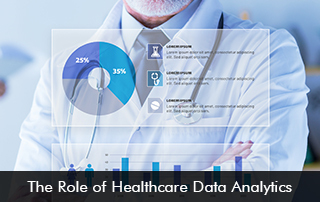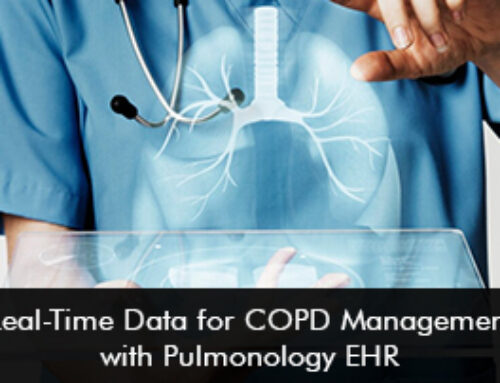Healthcare data analytics is crucial in healthcare to unlock the power of data from various sources. Data analytics helps improve the quality of patient care by providing new insights to healthcare providers.
According to the Harvard Business School data analytics enables healthcare organizations to detect abnormalities in scans, and predict disease outbreaks so necessary measures can be taken.
What is Healthcare Data Analytics?
Data analytics is the examination of data using quantitative and qualitative techniques to help explore different trends and patterns in data. Interpreting data can aid health systems in streamlining processes and enhancing the quality of care.
Benefits of Leveraging Data Analytics
When healthcare data analytics is used in modern healthcare the following advantages can be reaped:
- Provides detailed and complete Electronic Medical Records (EMR) Software and EHRs.
- Supports the provider’s clinical decision-making process.
- Real-time alerts can be sent to providers.
- Seamlessly integrates data from devices, such as fitness watches and smartphones.
- Smart and efficient processes through data analytics improve healthcare delivery and reduce costs.
How is Data Analytics used in Healthcare?
Below are some examples of where data analytics can be deployed to revolutionize healthcare.
Reducing Healthcare Fraud
Data analytics can predict healthcare fraud, this helps to mitigate the risks of being vulnerable and hence strengthens security.
Healthcare data is very important therefore keeping it safe from cyber threats and breaches is the top priority of health systems. The power of data analytics can reduce risks by detecting any suspicious activities and monitoring networks.
Improved Patient Care
Healthcare data analytics can detect patterns, trends, and correlations in patient data, including electronic health records, medical imaging, genomics, and wearable devices. This can enhance diagnosis, treatment regimens, and overall patient care.
Operational Efficiency and Cost Reduction
Costs can be minimized, resource allocation can be optimized by leveraging data analytics. It makes it possible for hospitals to find inefficiencies, organize their processes, and get rid of waste. Healthcare providers may optimize inventory management, lower shortages, and cut costs by studying supply chain data.
Population Health Management
Population health management can enhance by analyzing data from diverse sources, such as health surveys, socioeconomic determinants of health, and community data. It lets healthcare organizations discover population health trends, target at-risk populations, and build health promotion, disease prevention, and intervention strategies.
Artificial Intelligence Technology in Data Analytics
AI’s integration into healthcare data analytics has enhanced the speed, accuracy, and scalability of data processing and analysis. This has enabled healthcare organizations to unlock the full potential of their data for improved patient care, operational efficiency, and research advancements. Artificial Intelligence is transforming the way data is processed, analyzed, and utilized in healthcare data analytics.







